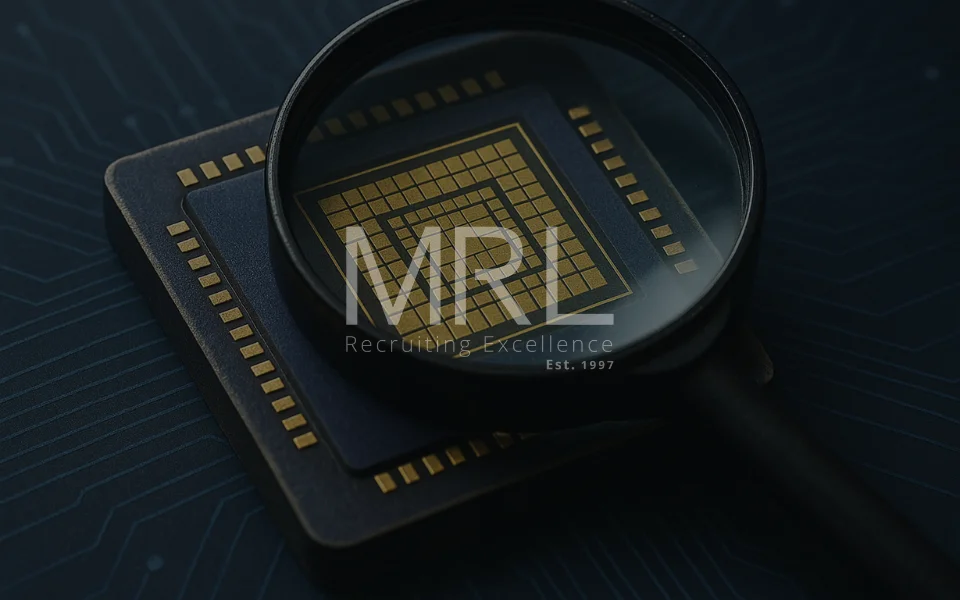How Quantum Computing Will Accelerate Advances in the Semiconductor Industry
10 Oct, 20255 minsQuantum computing isn’t just reshaping the future of information processing — it...

Quantum computing isn’t just reshaping the future of information processing — it’s quietly accelerating innovation within the semiconductor industry itself. As the race for viable quantum hardware intensifies, chipmakers, material scientists and foundries are being pushed to develop technologies that benefit both quantum and classical systems.
Quantum’s Ripple Effect on Semiconductors
Building a quantum computer depends on the semiconductor supply chain. Whether through superconducting circuits, silicon spin qubits, or photonic chips, every quantum platform relies on advanced semiconductor processes. In meeting these extreme design demands — atomic-scale precision, ultra-low noise, cryogenic operation — the industry is unlocking capabilities that will spill over into mainstream chip production.
Where Quantum Computing Drives Progress
1. Materials and fabrication
Quantum devices require near-perfect materials. This demand is accelerating R&D in super-clean interfaces, new superconductors, and low-defect dielectrics — innovations that can also enhance traditional logic and memory chips.
2. Lithography and nanofabrication
Quantum chips need sub-nanometre patterning and exceptional yield uniformity. The push for this precision is advancing EUV lithography, atomic-layer processes, and 3D integration, improving techniques used across the semiconductor landscape.
3. Cryogenic and hybrid integration
Quantum computers depend on classical control electronics operating at cryogenic temperatures. Developing this co-integration — “quantum-ready” CMOS and low-power ASICs — strengthens design expertise that can be repurposed in data-centre and edge-AI environments.
Opportunities and Risks
The convergence of quantum and semiconductor technologies promises faster innovation cycles, but it also introduces risk. Competing qubit architectures, low manufacturing yields and uncertain timelines mean that strategic caution is required. The smartest semiconductor players are investing modularly — developing quantum-compatible process steps and control electronics that can serve today’s advanced chips and tomorrow’s quantum systems.
The Bigger Picture
Quantum computing may not replace traditional semiconductors, but it is acting as a powerful catalyst for progress. From materials to manufacturing, it is forcing the industry to think beyond Moore’s Law — and positioning the companies that adapt early at the forefront of the next computing revolution.




